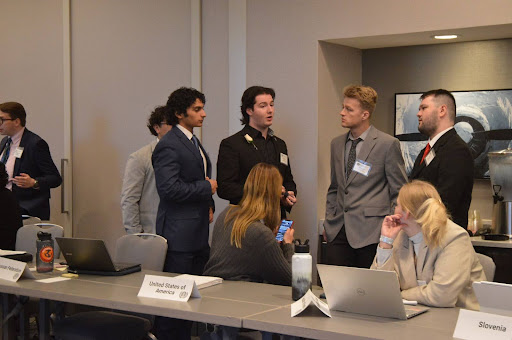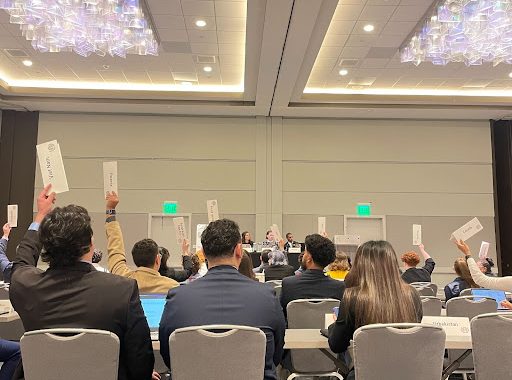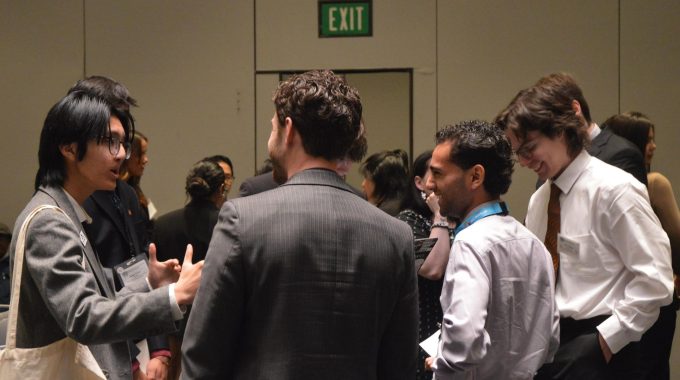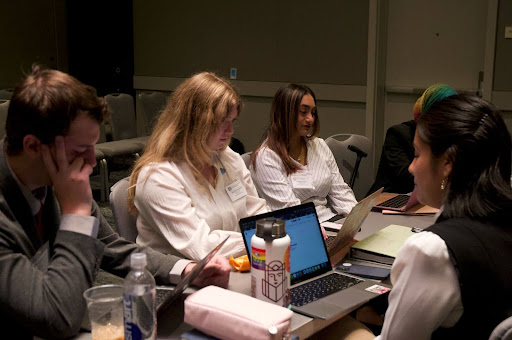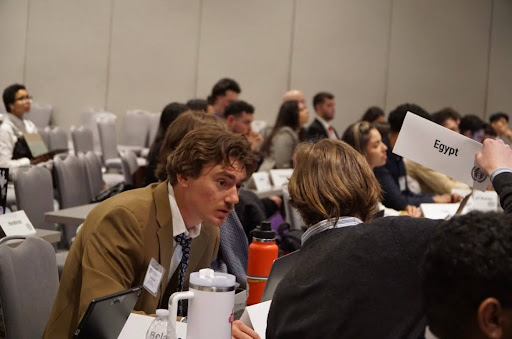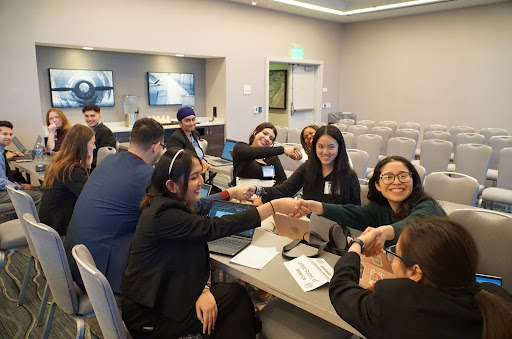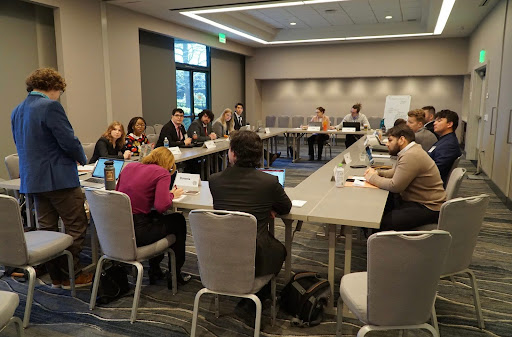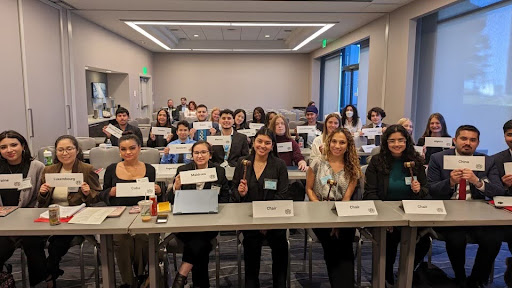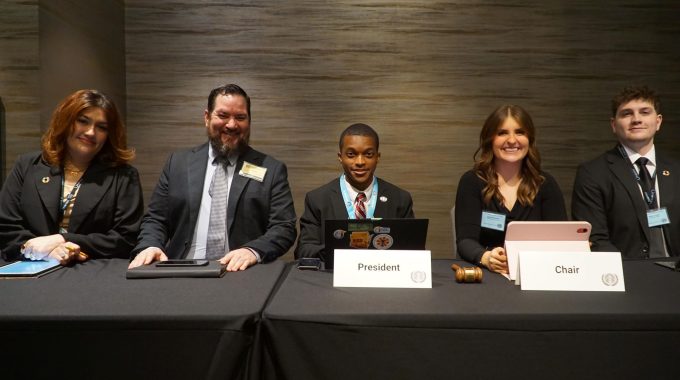Crisis Escalates as UN Entities Become Targets
As the crisis stemming from the cyberattack on Haiti deepens, the Model United Nations Security Council faces mounting pressure to respond decisively in the wake of escalating threats against UN entities. The failure to meet the demands laid out by the G9 gang has escalated tensions, leading to increased aggression, with UNICEF and UNESCO now becoming targets.
Emphasizing the importance of respecting Haiti’s sovereignty, Slovenia aligns with Haiti’s hesitancy toward foreign involvement. Proposing a peacekeeping mission convoy from Latin American countries, working in conjunction with Haiti and its allies to restore stability and provide humanitarian aid. The delegation of Ecuador and Cuba echoed Slovenia’s sentiments on deploying security forces from Latin American states.
The delegation of Japan, underscores the urgency of halting the flow of violence in Haiti, expressing skepticism about sending aid to a conflict zone without first establishing peace and security. Japan would like for military intervention in peacekeeping operations to restore order and security, reiterating Haiti’s history with gangs stealing aid meant for vulnerable populations.
Delegates from France and the United Kingdom expressed deep concerns regarding the civilian impact of the crisis in Haiti, viewing the cyberattack as a blatant violation of humanitarian principles. Discussion between France and the United Kingdom included the Multinational Security Support Mission (MSS), where the legality of Kenya’s government leading the policing force comes into question. However, information was received that the United Nations provision council has a de facto agreement to support international intervention in Haiti.
Sena Bryant
World Press Reporter
Metropolitan State University, Denver

